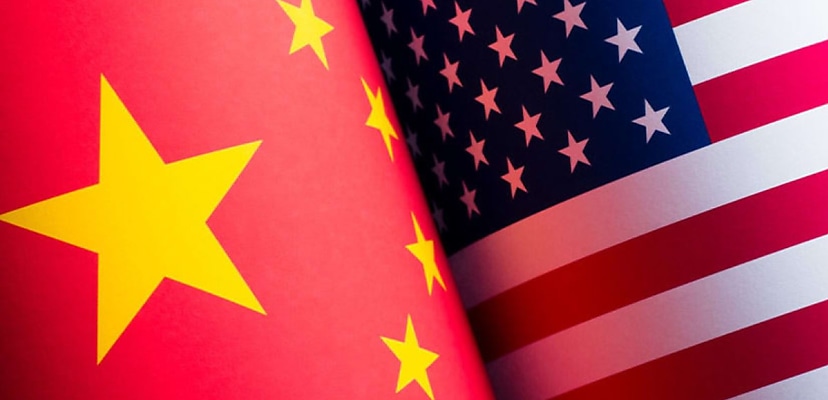Share this article on:
Powered by MOMENTUMMEDIA
Breaking news and updates daily.
The US should expect major attacks on critical infrastructure from China in the event of a conflict, with the latter investing heavily in its ability to sabotage critical infrastructure.

According to the US Intelligence Community, China is looking to place an increased focus on sabotage instead of espionage, and in the event of a conflict between the US and China, it would very likely explore the idea of targeting critical infrastructure such as power and transport.
“If Beijing feared that a major conflict with the United States [was] imminent, it almost certainly would consider undertaking aggressive cyber operations against US homeland critical infrastructure and military assets worldwide,” said the annual threat assessment of the US Intelligence Community.
“Such a strike would be designed to deter US military action by impeding US decision making, inducing societal panic, and interfering with the deployment of US forces.”
Jen Easterly, the head of the Cybersecurity and Infrastructure Security Agency (CISA), said that in the event of China launching attacks of this nature, Americans need to be prepared, as it will be difficult to prevent them.
“This, I think, is the real threat that we need to be prepared for, and to focus on, and to build resilience against,” she said, speaking at the Aspen Institute in Washington.
“Given the formidable nature of the threat from Chinese state actors, given the size of their capability, given how much resources and effort they’re putting into it, it’s going to be very, very difficult for us to prevent disruptions from happening.
“I think we need to be prepared to respond, recover, learn from disruptions and move forward in such a way that we can continue to operate our critical services and networks and businesses, even under threat of Chinese state actors who want to hold that critical infrastructure at risk.”
China has proven its ability to infiltrate critical infrastructure operations in the past as part of its espionage operations, with the threat assessment saying that China had previously breached “telecommunications firms, providers of managed services and broadly used software, and other targets potentially rich in follow-on opportunities for intelligence collection, attack or influence operations”.
On top of concerns relating to critical infrastructure attacks, Easterly also discussed the regulation of artificial intelligence (AI) and said that collaboration between the US and China could prevent an AI-powered end-of-the-world scenario.
“If we can have conversations with our adversaries about nuclear weapons, I think we probably should think about having these conversations with our adversaries on AI, which after all, in my view, will be the most powerful weapons of this century,” she said, also noting that the difference between nuclear weapons and AI is that the former is made by governments as a means to defend themselves, whilst the latter is largely made by private companies looking to make a buck.

Be the first to hear the latest developments in the cyber industry.